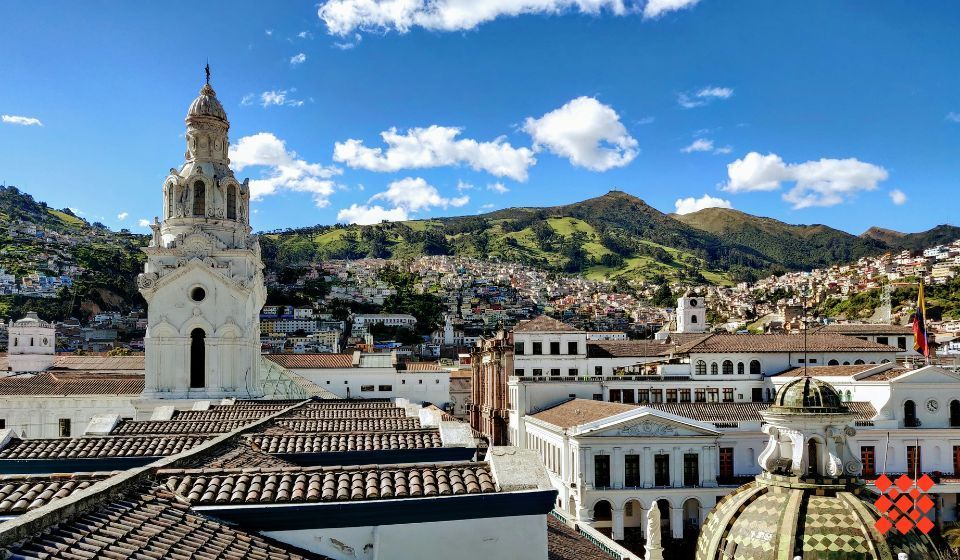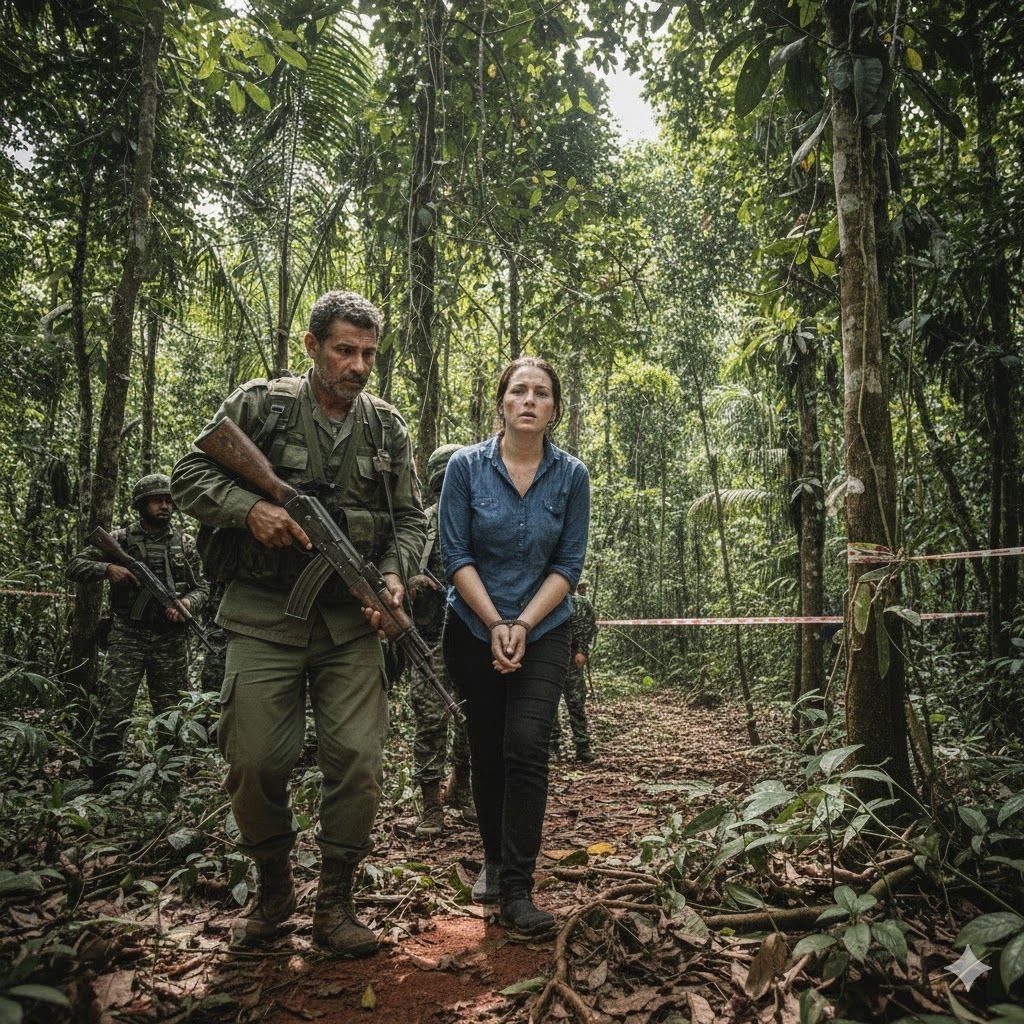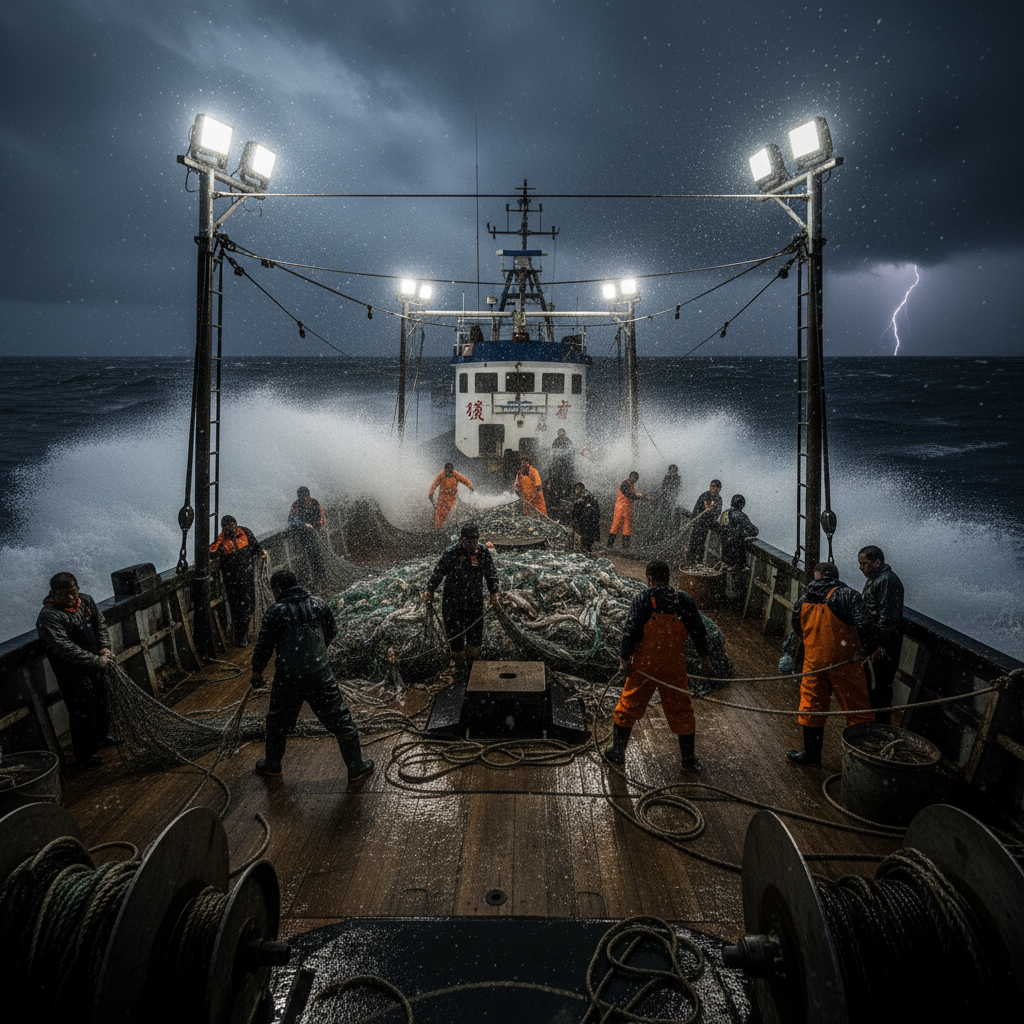Part two: The corporation behind Ecuador's new president
Daniel Noboa, the new president of Ecuador, whose profile was outlined in our previous article, is destined to inherit a controversial legacy from his father - a vast corporation with regulatory hurdles, legal battles and allegations of modern slavery.
Grupo Noboa is an expansive conglomerate with over 150 subsidiaries - a complex network which leads to offshore companies in tax havens such as Panama and the Bahamas. Exportadora Bananera Noboa S.A. – one of the major banana exporters in the world – stands in the heart of Ecuador’s business landscape. Established in 1946, the company’s story is one of intricate business dealings, political influence, and legal entanglements.
At the helm of this corporate empire is the father of Ecuador’s new president, Álvaro Noboa. Known for his vocal criticism of President Rafael Correa's government, Noboa senior faced scrutiny during his tenure as an assembly member in the Constituent Assembly of Ecuador. His removal from office stemmed from a failure to disclose personal wealth details, a requirement for his eligibility. In addition to the tax evasion accusations, Álvaro Noboa has been sued multiple times over civil disputes, including sexual harassment allegations filed in New York, US.

Noboa dept cases
In April 2009, the Internal Revenue Service of Ecuador (IRS) indicated that Grupo Noboa had a tax debt of USD 49,206,895.28 for the fiscal year of 2005. The company filed a complaint to clarify the calculation. The IRS refused to consider the complaint. Certain media reported that the tax debt was up to USD 100 million. As of November 2023, the total value owed to the IRS was USD 88,766,075.43. It is unclear how much of the debt has the company paid back.
In August 2020, another debt case plagued Group Noboa. Exportadora Bananera Noboa S.A. found itself entangled in a labour lawsuit initiated by Levis Disney Rivas Cevallos. The dispute concerned an outstanding debt of USD 9,363.95. The court ruled in favour of Cevallos, determining the debt to be valid. Despite the court's decision, Exportadora Bananera Noboa failed to fulfil its financial obligation or provide assets for seizure. The failure to comply led the court to sufficient cause for insolvency.
Exportadora Bananera Noboa faced additional challenges from the Ministry of Labor, culminating in a substantial settlement of USD 3,944,420.93 with former employees of Hacienda La Clementina. This payment followed a regulatory effort to suspend the scheduled auction of Grupo Noboa's assets, emphasizing justice and workers' rights recognition. Furthermore, Xavier San Martín Cuenca, Undersecretary of Agriculture of the Southern Coast and Galapagos fined the company USD 210,927 for a non-payment related to the purchase of bananas.
Accusations of unlawful labour practices
In addition, the group has been accused of unlawful labour practices throughout the years. The accusations have not led to an official investigation, but the local communities have reported incidents of child slavery and debt bondage.
For example, the YouTube video of a news report from 2023 depicts the owner of a banana plantation, who took out a loan with Banco del Litoral, a Grupo Noboa bank. The loan was to be repaid in banana production, valued at 340 cents per box. However, the group paid only 90 cents per box, rendering the loan much more expensive than agreed. In 2019, the group flattened the plantation and physically attacked the debtors Carmen Peláez Luna and Luis Anchundia.
Also, the Noboa Group was named as a child slavery perpetrator in an NGO investigation carried out in 2002. More specifically, the Human Rights Watch investigation into working conditions on Ecuadorian banana plantations, including those supplying Exportadora Bananera Noboa, revealed that workers, including children, were paid below the legal minimum wage. On average, children were paid less than half the legal minimum wage. The report also detailed child workers' exposure to toxic chemicals. The company denied responsibility for the working conditions stating it did not own the plantations but was rather buying and exporting the produce.
President Noboa’s destiny is to inherit a corporation with issues of transparency and corporate responsibility as well as at least some indirect exposure to modern slavery practices. The above facts might not have affected his presidential bid, but will certainly influence his role and presence in the Ecuadorian political scene.
Evidencity conducts in-house research on TruthSeeker, researching companies and individuals of global economic interest.



